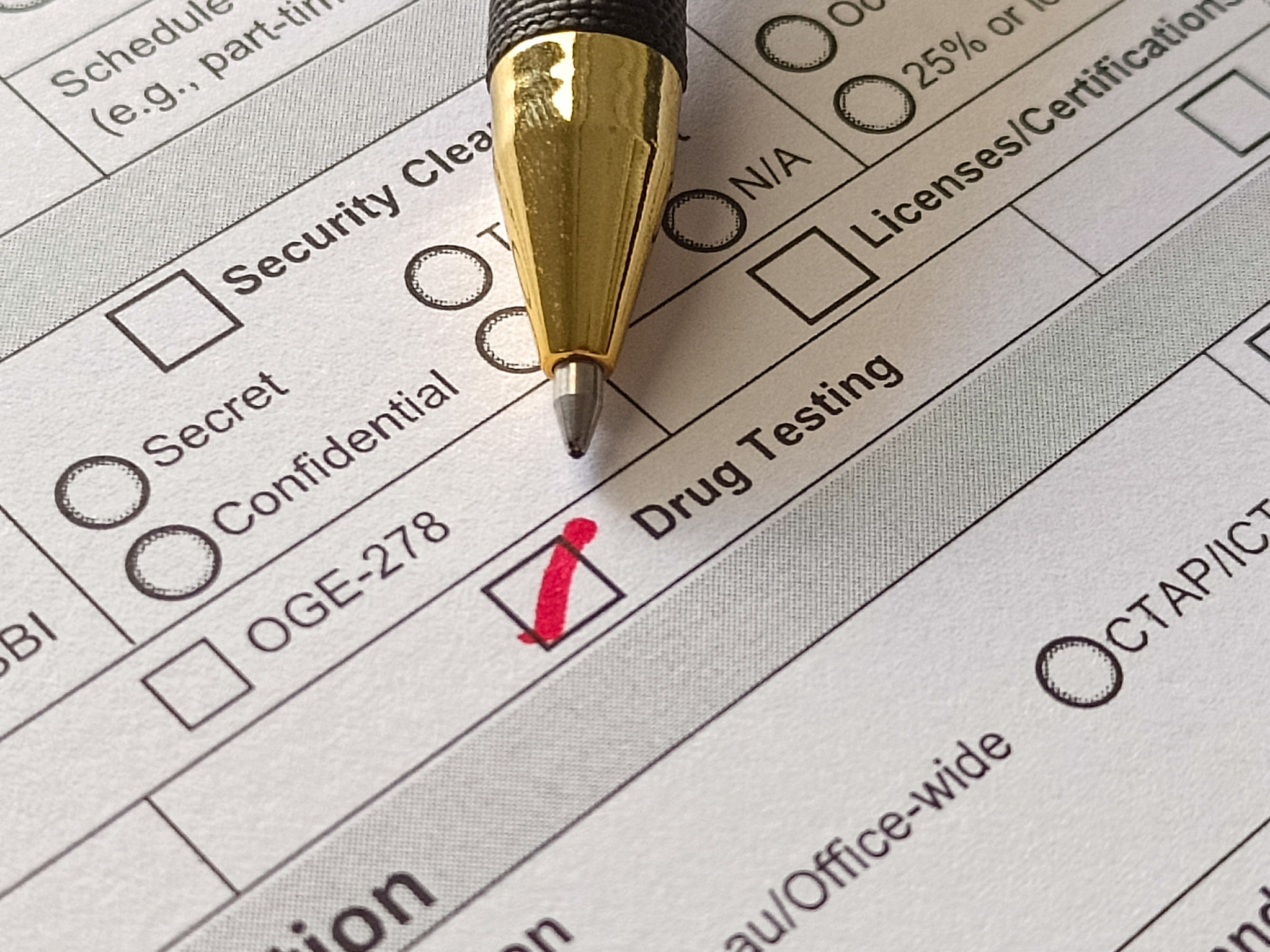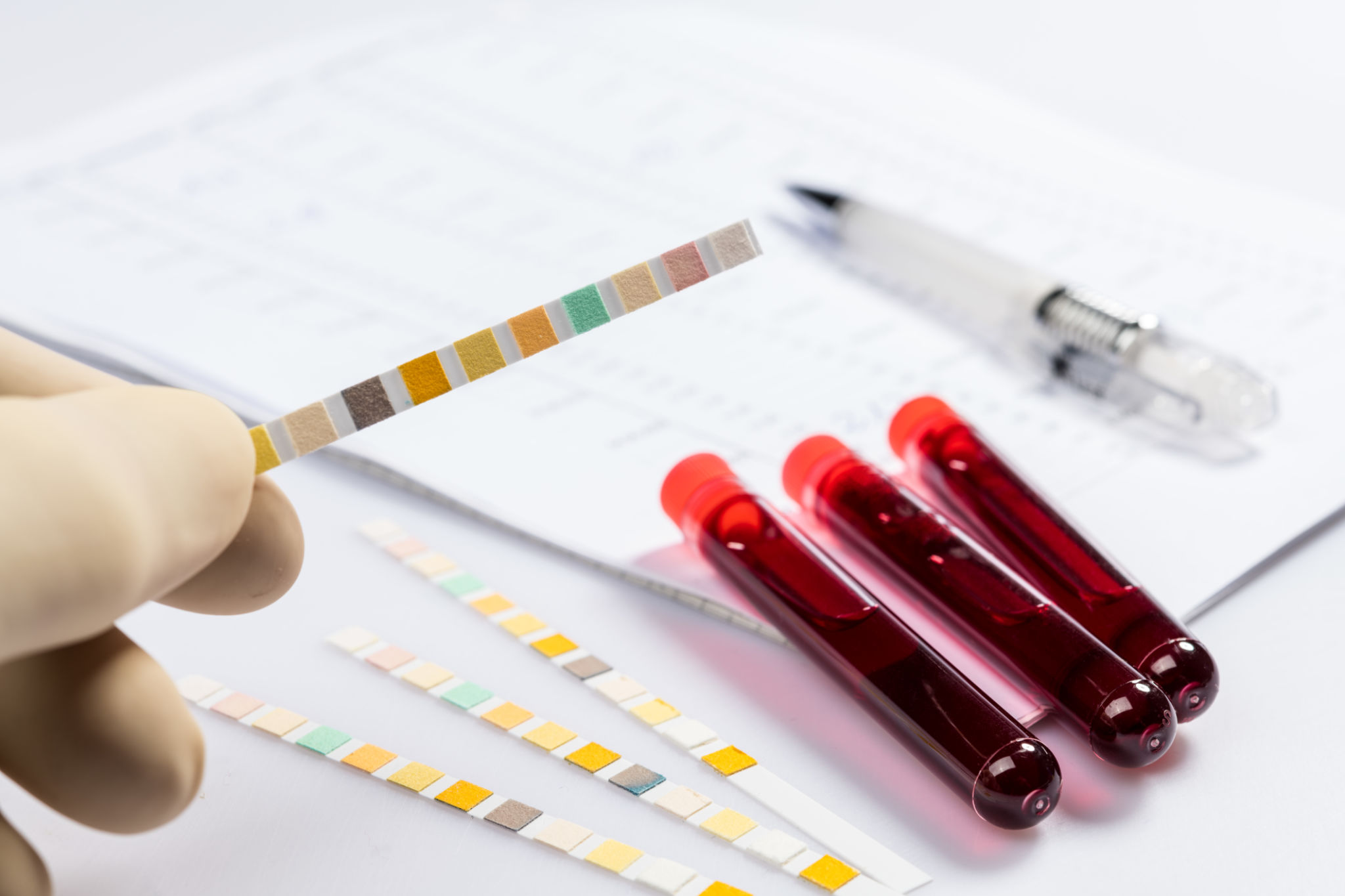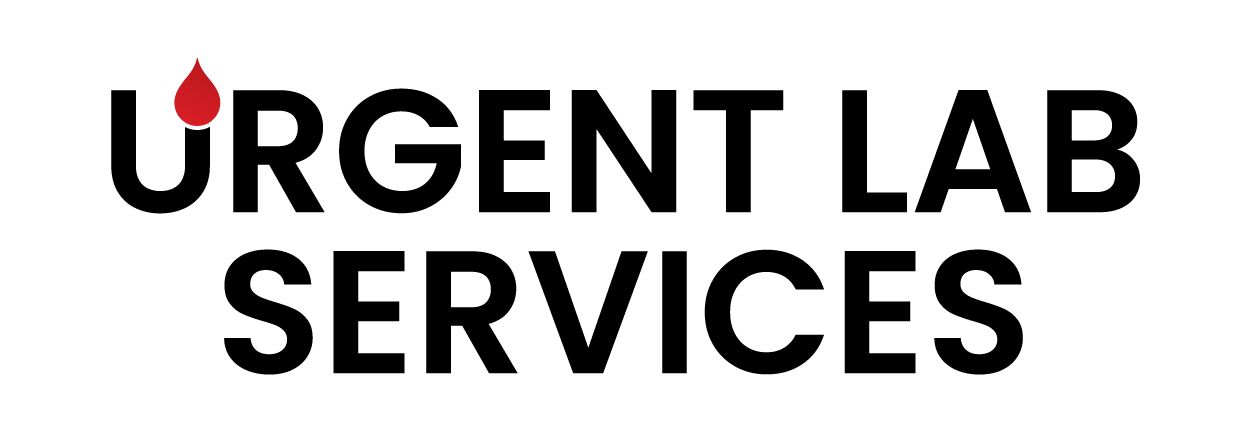Understanding DOT Drug and Alcohol Testing in Jacksonville, FL
NS
Introduction to DOT Regulated Drug and Alcohol Testing
In Jacksonville, FL, ensuring the safety of the transportation industry is a top priority. The Department of Transportation (DOT) mandates strict regulations for drug and alcohol testing to maintain a drug-free workplace. Understanding these regulations is crucial for employers in the transportation sector to comply with federal laws and ensure the safety of employees and the public.
DOT regulated drug and alcohol testing applies to safety-sensitive employees, which includes drivers, mechanics, and other roles that require operating commercial vehicles. These tests are designed to detect substance misuse that could impair an individual's ability to safely perform their job duties.

Who Needs to Comply?
Businesses in Jacksonville that operate commercial vehicles must ensure compliance with DOT regulations. This involves implementing a comprehensive drug and alcohol testing program for all safety-sensitive positions. Employers must understand who falls under the DOT's purview, including full-time employees, part-time workers, and contractors who hold positions deemed safety-sensitive.
Compliance with these regulations not only helps avoid penalties but also fosters a safer work environment. It's essential for employers to stay informed about updates and changes in DOT regulations to ensure their testing programs remain compliant.

Types of Testing Required
DOT regulations mandate several types of drug and alcohol tests, including:
- Pre-employment Testing: Before hiring, employers must conduct drug testing on prospective employees for safety-sensitive positions.
- Random Testing: Employers must conduct random drug and alcohol tests throughout the year to deter substance misuse.
- Reasonable Suspicion Testing: If an employer suspects an employee is under the influence while on duty, they must conduct a test.
- Post-Accident Testing: After certain accidents, employees may be required to undergo testing to determine if substance use was a factor.
- Return-to-Duty and Follow-Up Testing: Employees who have violated drug and alcohol policies must test negative before returning to safety-sensitive duties.
The Testing Process
The DOT has specific procedures for conducting drug and alcohol tests, which must be adhered to strictly. Drug tests typically involve urine samples, while alcohol tests use breathalyzers. Both types of tests have cut-off levels established by the U.S. Department of Health (HHS), which determine whether a result is positive or negative.
The integrity of the testing process is vital. Employers in Jacksonville must ensure that all testing is conducted by certified laboratories and that results are handled confidentially to protect employee privacy.

Consequences of Non-Compliance
Failure to comply with DOT drug and alcohol testing regulations can lead to severe consequences for businesses. These may include substantial fines, loss of contracts, or even being barred from operating commercial vehicles. Moreover, non-compliance can significantly impact an organization's reputation and employee morale.
Employers need to keep detailed records of all testing procedures and results as part of their compliance obligations. Regular audits and reviews of the testing program can help ensure ongoing adherence to DOT standards.
Conclusion: Ensuring Safety Through Compliance
In Jacksonville, FL, adhering to DOT regulated drug and alcohol testing is not just about meeting legal requirements; it's about prioritizing safety. By understanding these regulations and implementing effective testing programs, employers can contribute to a safer work environment and community.
Continuous education and training for both employers and employees about these regulations are essential. Staying informed about the latest developments in DOT rules will help maintain compliance and promote a culture of safety within the transportation industry.

